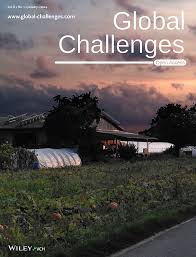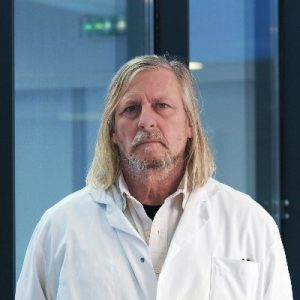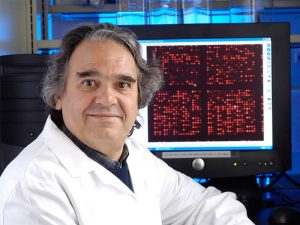A professor of aerospace engineering in India who developed a scientific theory critics call “absolute nonsense” said he is suing journal editors and publishers for pulling three papers he claims could help protect “millions of lives.”
The articles, one in Springer Nature’s Scientific Reports and two in Wiley’s Global Challenges, described a highly technical concept eponymously dubbed “Sanal flow choking.” The first was retracted last summer, the other two in March.
“The retractions of our papers are unjustified,” V. R. Sanal Kumar of Amity University in New Delhi told Retraction Watch. “Our legal representatives are actively pursuing a defamation lawsuit against these editors and their illicit agents who were responsible for retracting articles crucial for safeguarding countless lives.”
Continue reading Controversial rocket scientist in India threatens legal action after journals pull papers








